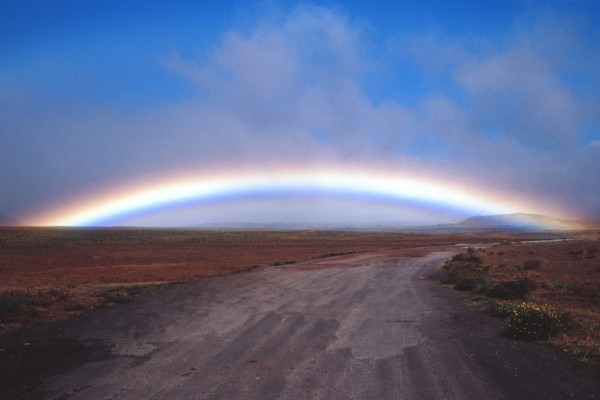
idealism |īˈdē(ə)ˌlizəm|
noun
1 the practice of forming or pursuing ideals, esp. unrealistically : the idealism of youth. Compare with realism .
• (in art or literature) the representation of things in ideal or idealized form. Often contrasted with realism (sense 2).
We all judge everything and everybody. We really do. It is in our nature as independent beings which, due to our manifest destiny, were created to be able to function autonomously.
My perspective on life is very Ocean Centric. It is in my DNA, in the ancestry from which I descended, and is a part of the heritage I leave the world through my work.
We live in a fascinating time, where information is abundantly available and connection between other autonomous beings occurs at light speed.
There are up sides, and down sides to that. For me, the up side is that you can see in very short order when you are being inspired and coaxed on to greater things, or being conned or lied to. So this new light is bringing into cultural fashion a modern idealism that may not be founded on much else, aside from the author’s point of view. It brings us to someplace special: the crossroad of choice. And it does so with greater rapidity than ever before in human history.
The following piece was sent to me in response to the prior blog on Ethics. It was written by my cousin and describes the affect of our Grandfather, John Kalani Puu, and our last Queen, Liliuokalani on our Ohana. In this document, is the historic perspective from which I speak.
It explains the Hawaiian vista on life, love and the seas. It is my perspective as a Native, who chose to be an American. My Grandfather and I share that choice. We all choose to be here.
We are guaranteed choice as Americans. It is the tenet of Liberty which allows for that. What is yours? Do you have a cause or sabre that you rattle?
Hawaiians do. We belong to our land and Ocean. It is who we are.
Do you know who you are?
Want to?
Meet the Ocean.
Here is a prime example of how we think, in a story about Duane Desoto and Na Kama Kai.
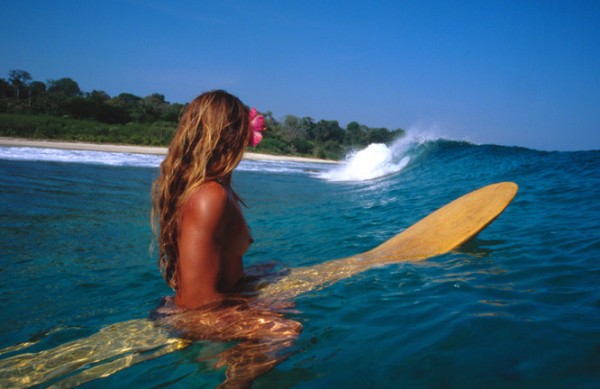
Idealists and Realists
By Gayle Puu
Long after my grandfather died, a nephew recorded memories of earlier generations that he read to the “tribe” at a family reunion in August 1979. I did not attend this reunion, but I remember hearing at the time that my grandmother didn’t agree with all of Harry Kim’s family history. Another twenty-five years past before I actually read his words after taking custody of old newspaper clippings, photographs and assorted family papers my mother had saved over the years. For my grandfather, he had written:
“Then came Uncle Puu, known as John Kalani Puu, ‘the maestro of music, an entertainer, actor, producer, artist, dancer, and above all idealistic and kind-hearted.’”
I knew my grandfather as a musician, entertainer and artist and as a kind-hearted man, but I had never before thought of him as idealistic. And I couldn’t help but wonder why Harry Kim bracketed most of his description of my grandfather with quotation marks: Had someone other than this nephew noticed Grandpa’s idealistic tendencies? Who was this person? What did he or she mean? Did Harry Kim mean the same thing? Was this description of Grandpa in the family history something that Grandma didn’t agree with?
I’ll never know the answers to these questions, but I can reflect on another important question: Why was I surprised by the association of the word “idealistic” with my grandfather? To me, and a dictionary, an idealistic man forms his ideals and lives his life accordingly; or, he is a man who tends to see things as they should be, not as they really are. Either way, an idealistic man pursues something that exists only in his mind, something imaginary, something lacking practicality. Does this describe my grandfather? To me, he is a practical man who loved his family, God, his native islands and the Good Ol’ US of A. And there is nothing unusual, or imaginary, or out of touch with reality in this list of Grandpa’s main attributes.
In all fairness, my grandfather’s life needs context as well as dictionary meaning. A native Hawaiian, he was four years old when American annexationists, intent on protecting their business interests in the Kingdom of Hawaii, overthrew the monarchy to establish their own provisional government and, ultimately, annexation to the United States of America. Grandpa was too young at the time to know that Queen Lili’uokalani surrendered her sovereignty to the United States, not the revolutionaries, believing that American justice would eventually restore her throne. In her mind, once the real facts were known in Washington D.C., the United States government would align with her position and restore her power. Her surrender of sovereignty was tactical, made under protest, and intended to save both her kingdom and the lives of her people. The Queen knew she couldn’t out gun the Americans with military presence in her harbor, but she believed in American ideals and in American and international law. She knew she could prove that the majority of native Hawaiians didn’t want to be annexed by the United States, and the consent of her people was prerequisite to annexation.
She was right. The Blount Commission said she was right, and recommended restoration of her sovereignty. President Cleveland said she was right, and recommended restoration of her sovereignty. The Provisional Government in Honolulu, however, refused to honor either recommendation. The U.S. Congress backed the annexationists: the Spanish American War made Hawaii’s strategic military location in the Pacific Ocean far too attractive for laws or ideals to stand in the way of American expansion. Hawaii became a Republic, then a U.S. Territory.
President Grover Cleveland’s message to Congress delivered on December 18, 1893 made it clear that he was “ashamed of the whole affair.” Queen Liliuokalani never stopped believing that sovereignty, illegally seized from her and her people, would eventually be restored. They were idealists.
Nonetheless, my native Hawaiian grandfather was a proud American. He was also talented and adventurous, traveling as a Hawaiian entertainer in Asia and continental United States during the early decades of the twentieth century. He married a Kansan, in Kansas, and raised his family in Hawaii. He sent his three oldest sons to fight for their country in World War II, and his youngest to the Korean conflict. He worked hard. He lived frugally. He was law abiding and church going. He was politically active. He was a forward thinker. Progressive. And he wanted his children and grandchildren to live the American dream.
In the eyes of his Hawaiian extended family, did this make him idealistic? Perhaps. Several of his relatives had signed the anti-annexation petitions that were delivered to the U.S Congress, and they might have passed on their resistance to annexation, something that didn’t stick to Grandpa. Perhaps his family didn’t like the path he chose as a young man and his desire to assimilate into American culture. Perhaps they were annoyed with his choice of wife, a woman born on the American mainland, someone unlike themselves in race and upbringing. Perhaps they resented my grandfather’s creative talents that endeared him to both native and adopted cultures. Perhaps they misunderstood his connection to the present without abandoning his past. Perhaps change was more of a struggle for them than for him.
But is it fair to characterize my grandfather as idealistic for choosing to be the best American a Hawaiian born native could be after annexation? Not to me. Grandpa knew what he wanted and how to achieve his goals. He was able to find common ground, dig in his heels and hold his place in the world. The word “realistic” more accurately describes the grandfather I know. Given dictionary meaning, a realistic man is someone with the disposition to face facts and to deal with them practically. And in context, a realistic man is someone who lives his life in the present. Indeed, my grandfather was a realist.
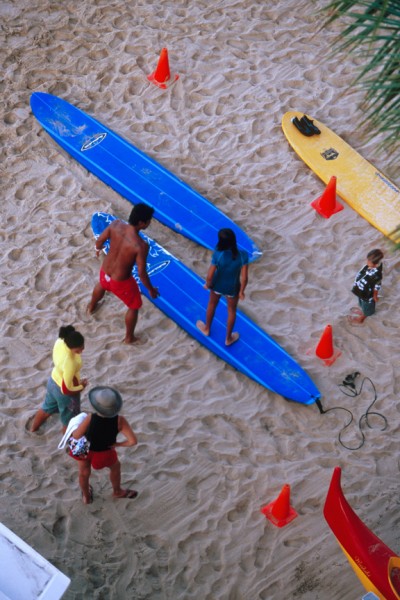
Here is a performance of the Kumilipo, the Hawaiian Creation Chant translated by Queen Liliuokalani which is referred to in my cousin’s story, and in the prior blog. It was filmed at Anahouli Bay on the Big Island. The chanter is from the Waikoloa Halau, and is Chadwick Yap-Lim. This was the ancestral home of my family, so getting to witness this was a great example for myself and crew of how in Hawaii, our ancestors are still with us in ways that modern culture does not get to experience often.
This performance of Aloha Oe is special, as my Grandmother was a Caucasian hula dancer. My Grandfather, Hawaiian. You can see the difference. But they complement each other as the song and life passes. Strange finding this analogous piece.
Andy Irons just passed. A Caucasian man. Andy is as Hawaiian as it gets. This story says a lot. I will miss him. Aloha Oe, a hui ho my brother. Many mahalos. Tears fall for you and your family. But you know that.
A white man, Hawaiian? He made that choice when he married the ocean and the tenets of the tribe and Hawaiian people. That is how one becomes a part of any Nation. (It does go both ways.) So maybe not by blood, but by salt water. Funny how similar those two substances are.
Lydia Puu
John Kalani Puu
So consider that all of this heritage and history exists, in a culture of Ocean stewards who take great exception to a disconnected entity deciding what our right to Life, Liberty and the Pursuit of Happiness should look like. We were there ages before you. This is our home. We let you take it, while trusting in the preeminent rule by law of the United States. We share it and our traditions. Aloha is more than a word. It is a spiritual concept.
Leave our ocean alone. We will defend her, and our rights, which cost Hawaii so much to acquire. We share it. Not vice- versa.
Here is a very Hawaii centic film I did awhile ago. Liquid Psalms.


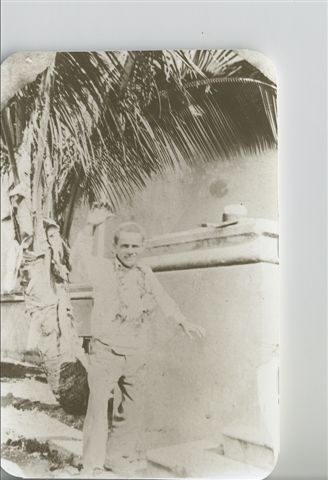
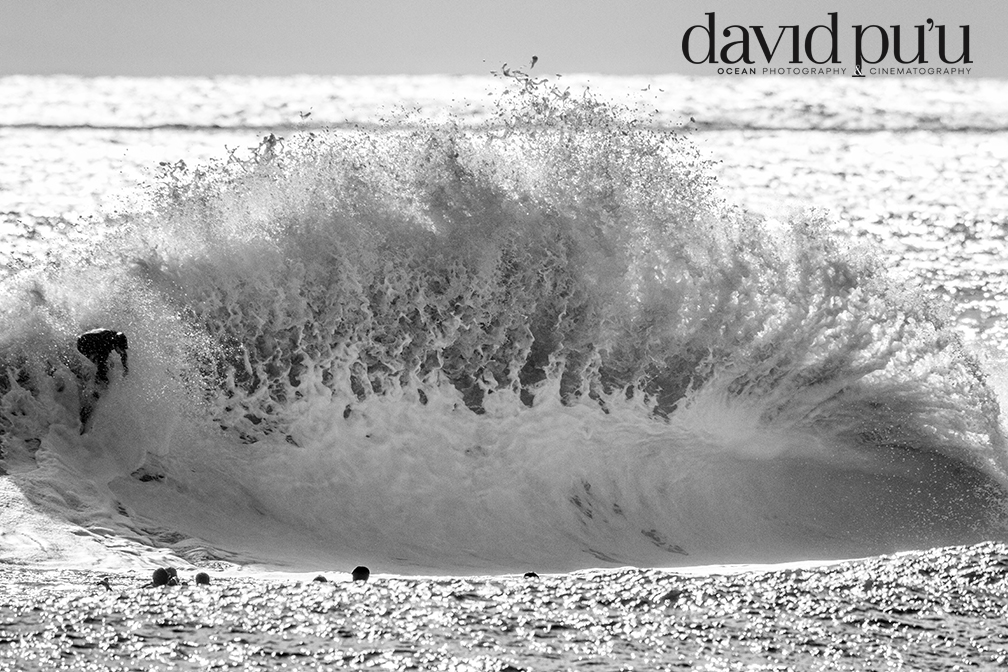
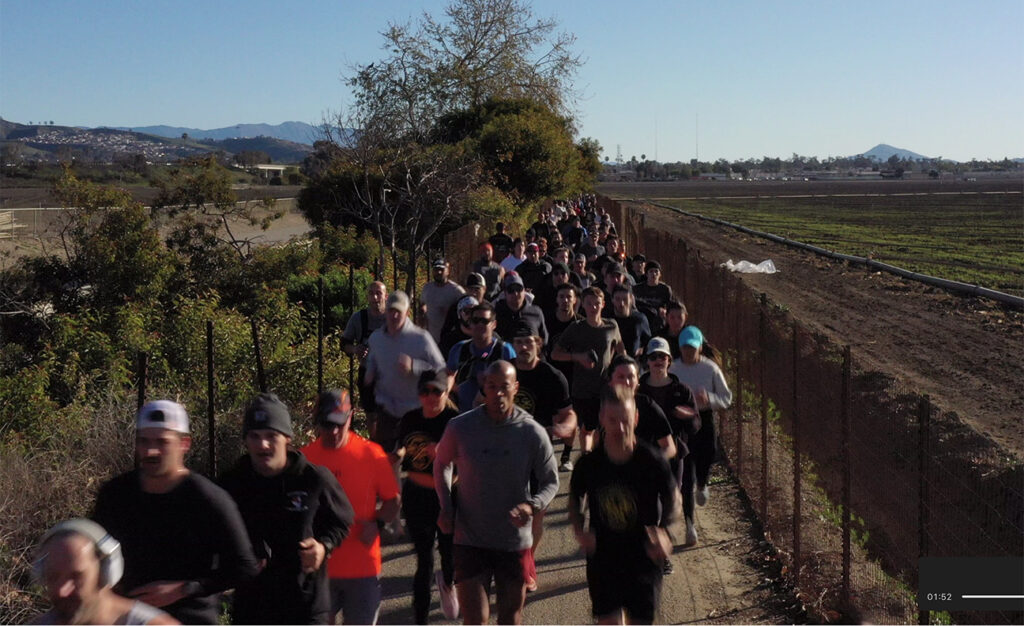
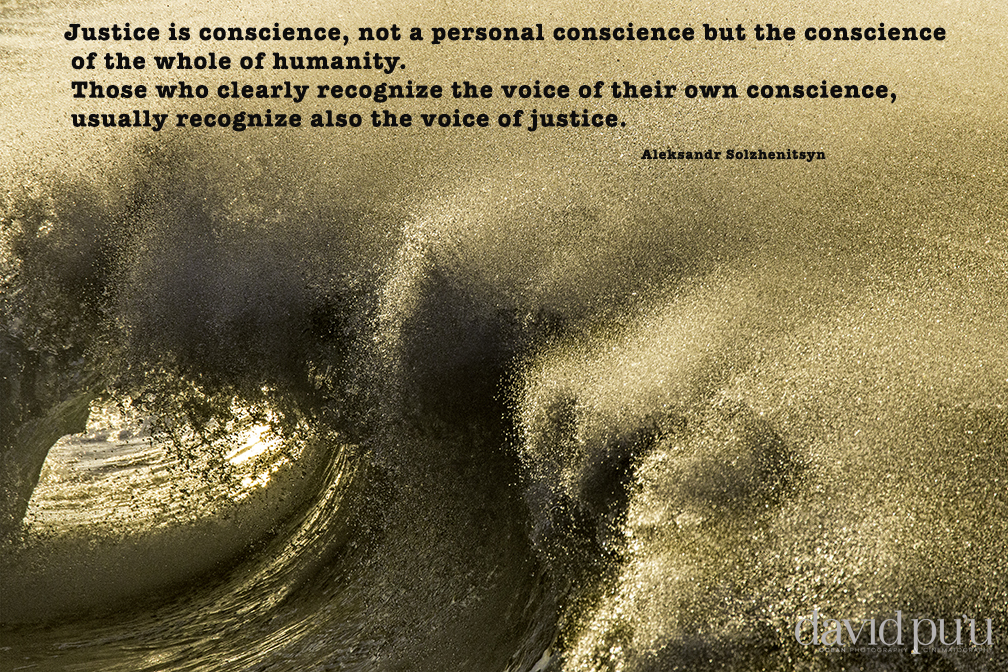
I need to go to Hawaii.
Yes you do Jon. There is an entire world waiting to reveal itself to you there. It is in your spiritual heritage. We can go. We should.This post explains warrior spirit, harmony and also your birthright and obligations. With every right comes a very distinct obligation.